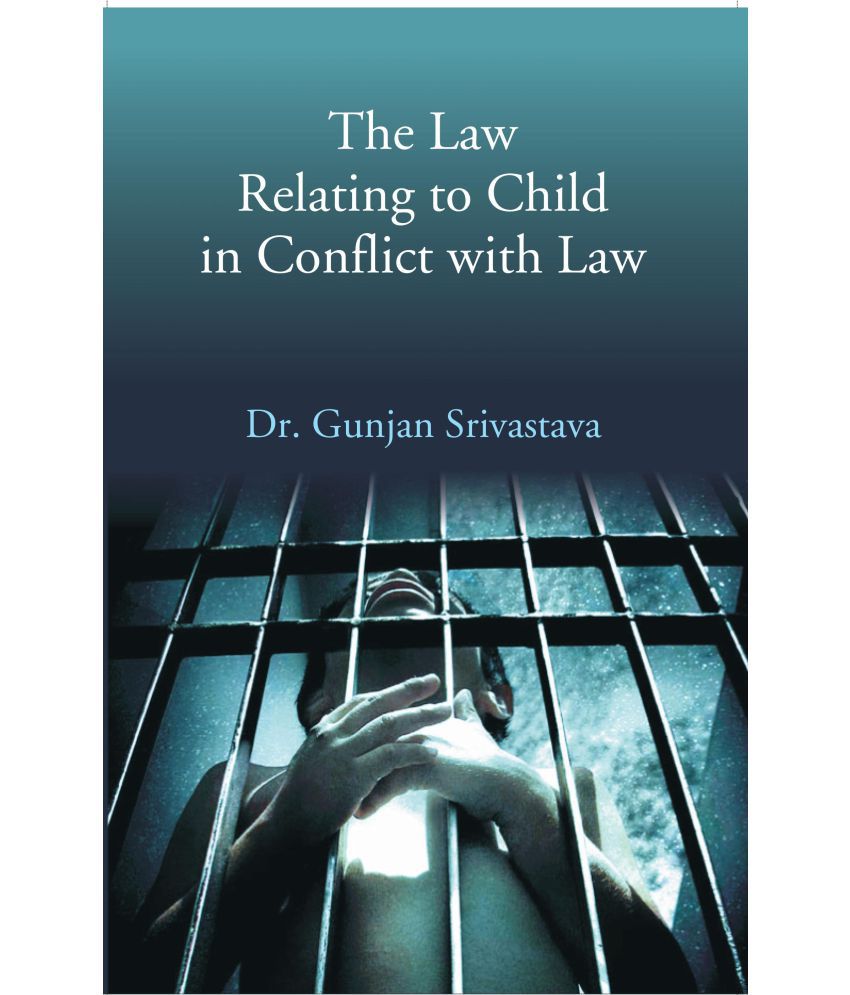"About the book The treatment of juvenile delinquents has been a much-debated issue in India as the society prepares itself to come to terms with the rising graph in juvenile delinquency. While there is no denying the fact that delinquent juveniles lack mental maturity and are often driven by their passion. Developing a just, effective juvenile justice system has been proven a herculean task. Policymakers were struggling with the challenge of balancing two opposing themes—the welfare of child offenders and public safety. Since the past century, juvenile justice policy has swung like a pendulum from one theme to the other. Finally, onDec 22, 2015 the Juvenile Justice (Care and Protection of Children) Act, 2015 (here in after referred as J. J. Act, 2015) received parliamentary approval. The government justified the law as a measure that would have a deterrent effect on potential juvenile offenders. However, the opponents argue that the law would defeat the objective of having the separate juvenile justice system, and would not serve the goal of deterrence. This study has evaluated the potency of the counter claim which proposes that the existing law be better implemented, and thereby examine the necessity for the introduction of a new approach governing juvenile policy in India. About the author Dr. Gunjan Srivastava has done her LL.B f rom D.D.U Gorakhpur University and her master in law from Jamia Millia Islamia Central University New Delhi. Three P.G Diploma courses in “Cyber law,” “Corporate Law & Management,” and Intellectual property law” from Indian Law Institute, New Delhi are the new additions in her continuous quest for up-gradation of her knowledge and eagerness to learn. Also worked as law associate and updated her knowledge in legal field. She has been Awarded Doctorate degree for her thesis on “Critical Analysis of Juvenile Justice Delivery Mechanism in India with Special Reference to Heinous Crimes” done under the supervision of Dr.
K.A.Pandey,(Associate"

